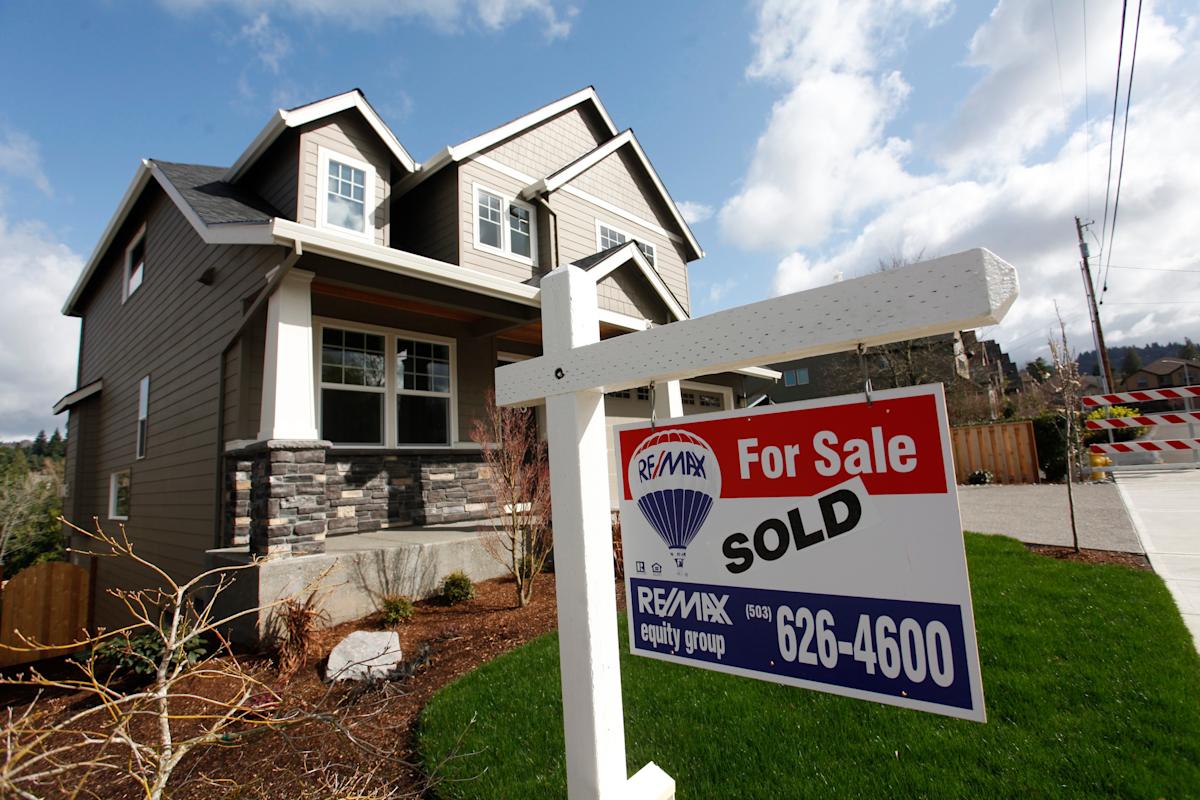The dream of securing a mortgage rate around 5% is on the minds of many prospective homebuyers. With current mortgage rates hovering between 6.5% and 7%, the question isn’t just *if* rates will drop, but *when*. This article delves into expert predictions, economic factors, and practical steps you can take to prepare for a potential dip in mortgage rates.
Understanding the dynamics influencing mortgage rates is crucial for anyone planning to enter the housing market. From Federal Reserve policies to economic indicators and housing market trends, numerous elements can either accelerate or delay the arrival of lower rates. Whether you’re a first-time buyer or looking to refinance, staying informed can give you a competitive edge.
We’ll explore factors that could trigger lower mortgage rates, how a potential recession might impact the market, and strategies to position yourself for success. Let’s find out when mortgage rates might hit that coveted 5% mark and what you can do to get ready.
When Will Mortgage Rates Go Down to 5%?
According to Realtor.com chief economist Danielle Hale, a return to 5% mortgage rates is primarily a matter of time. Hale suggests that as inflation gradually approaches the Federal Reserve’s 2% target, the federal funds rate will normalize, consequently influencing longer-term interest rates.
“The most likely catalyst is time. As time goes by, as you get closer to that 2% inflation anchor that the Fed is targeting, it would normalize the [federal funds rate], and it would normalize longer-term interest rates,” Hale told Yahoo Finance.
Hale anticipates the federal funds rate could return to around 2.5%, potentially bringing long-term yields down to approximately 4%. This scenario could place mortgage rates in the 5.5% to 6% range. However, the Federal Reserve’s cautious approach to rate cuts suggests this process may be gradual, with the market not expecting any reductions until September at the earliest.
The Recession Factor: A Potential Catalyst
While time is a key factor, an economic recession could expedite the descent to lower mortgage rates. A recession might prompt the Federal Reserve to aggressively cut rates, potentially leading to rates of 5.5% or even slightly below.
“You could get there faster if you were to have a recession,” Hale added. “That could cause the Fed to cut rates, and you could see 5 1/2% — maybe even slightly below 5 1/2% in a really bad recession.”
It’s important to note that Federal Reserve rate cuts don’t directly translate to proportional decreases in mortgage rates. For example, between last September and January, the Fed cut its benchmark rate by a percentage point, but mortgage rates rose by almost the same amount. The relationship between Fed actions and mortgage rates can be complex and influenced by various market factors.
Your Housing Market Might Change With 5% Mortgage Rates
Lower mortgage rates can significantly impact the housing market. Realtor.com research from the first quarter of 2025 indicated that nearly 30% of surveyed homebuyers would be more inclined to buy a home during a recession, anticipating lower mortgage rates or reduced home prices.
“It seems that some shoppers are anticipating either lower mortgage rates or lower home prices, or both, in a recession to potentially create some sort of opportunity for them to buy,” Hale said.
However, a recession also brings potential complications, such as job and income insecurity, which can affect affordability. Therefore, it’s essential to consider the broader economic context when evaluating the potential benefits of lower mortgage rates during an economic downturn.
How Will 5% Rates Impact Buying Competition?
A drop in mortgage rates to around 5% is expected to stimulate both buyer and seller activity. As more sellers enter the market to capitalize on reasonable interest rates for their next homes, the increased inventory could balance out the heightened demand from buyers.
Hale suggests that while lower rates typically intensify competition among buyers, the anticipated increase in listings from sellers might mitigate this effect. This could create a more balanced market, offering opportunities for both buyers and sellers.
How to Prepare for 5% Mortgage Rates
The window for lower mortgage rates could open and close rapidly, making preparation essential. Here are steps to ensure you’re ready:
- Have your down payment in the bank. Ensure funds are readily available for a quick decision. Also, consider closing costs.
- Check your credit score. A strong credit score is crucial for securing the best mortgage rates.
- Nail down your home price range and target monthly payment. Understand what you can afford and identify suitable neighborhoods.
- Explore prequalification. Consult with mortgage lenders to explore your loan options and obtain pre-approval.
When Will Mortgage Rates Go Down to 5%? FAQs
When Were 5% Mortgage Rates Common?
Mortgage rates briefly dipped into the lower 5% range in the summer of 2003 and again in March 2004. A more extended period of rates near and below 5% occurred during the housing crisis and recession of 2008, lasting until October 2022.
Will Fed Interest Rate Cuts Drop Mortgage Rates to 5%?
The Federal Reserve’s current schedule suggests it’s unlikely. It would probably take an economic reversal and further federal funds rate cuts to bring mortgage loan rates close to 5%.
Should I Wait for Mortgage Rates to Drop to 5%?
It is advised to buy a home when you can afford to. A mortgage rate isn’t a lifetime commitment, and you can always refinance when rates decrease.
Conclusion
While the exact timing remains uncertain, experts suggest that a return to 5% mortgage rates is plausible, driven either by gradual inflation normalization or a potential economic recession. Staying informed, preparing your finances, and understanding market dynamics can position you to take advantage of opportunities when they arise.
Whether you’re closely monitoring economic indicators or consulting with financial advisors, proactive preparation is critical. By taking the necessary steps now, you can increase your chances of securing a favorable mortgage rate and achieving your homeownership goals.

Leave a Reply